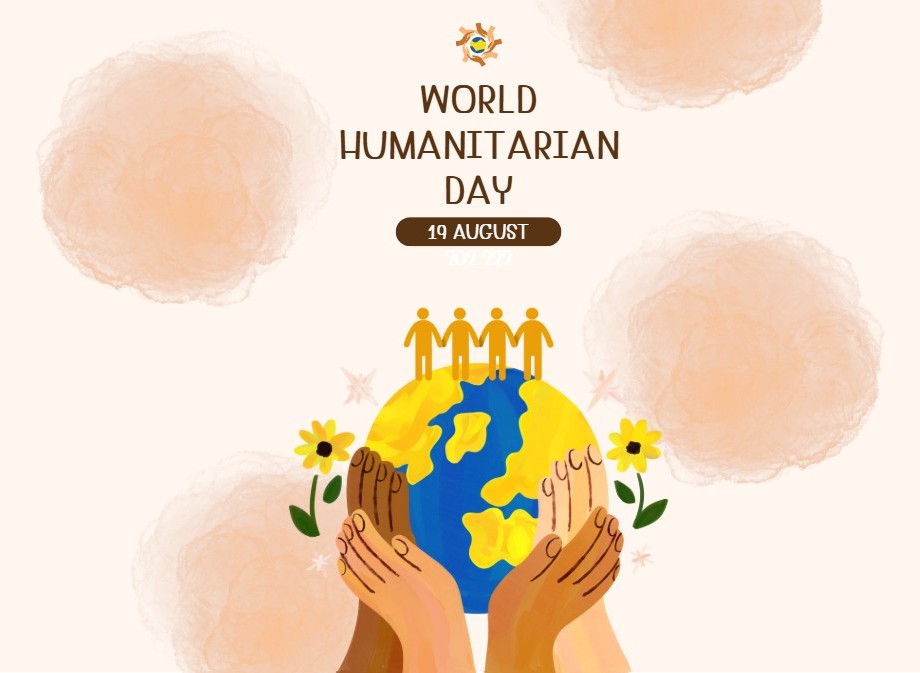Twenty-one years ago, just before my first trip to Rwanda, I attended a lecture on the Rwandan Genocide at London’s Imperial War Museum. One of the speakers explained that the men responsible for gang raping Rwandan women were being given food and anti-retroviral medication in jail by aid agencies. Meanwhile, the women they had raped and infected with HIV (an estimated 250,000-500,000) were dying of hunger and HIV/AIDS. I wondered why the international community wasn’t ashamed of this unforgivable situation.
A few weeks later, I was in Rwanda with a member of the UK House of Lords called David Alton. When we returned to the UK, David immediately met the government minister responsible for Britain’s humanitarian aid funding. David described the devastation he had seen in the week we spent traveling around Rwanda; the resourcefulness and resilience of the people trying to rebuild their country from scratch; he reminded the British government of the hypocrisy of diplomats who deliberately stopped the genocide reaching the United Nations Security Council agenda during the 100 days of killing; and the conversations we had with HIV+ mothers who feared for their surviving children when the women inevitably died from their disease.
The Ongoing Battle against Stigma
This was 2004, when anti-retroviral drugs were expensive and mainly available in the global north. To make matters worse, some African leaders – though not the Rwandans – ignored the epidemic, allowing their people to die in their millions. There was – and still is – stigma attaching to an HIV+ diagnosis.
Within weeks, Lord Alton had persuaded ministers to act, and to this day, the UK funds the supply of anti-retroviral drugs to Rwanda. Britain is a generous donor to the Global Fund, and hundreds of thousands of lives have been saved.
Mental Health Matters
Yet, an HIV+ diagnosis remains a devastating blow, especially in poorer regions or in societies which tend to blame women for contracting the disease. For this reason, Network for Africa counsels and supports people who are newly diagnosed. Our partners also encourage people to be tested, and they educate communities to battle stigma. However, people living with HIV are vulnerable to high rates of anxiety and depression. Our services continue to be needed by survivors of conflict and their children.

As we mark World Humanitarian Day, we salute our African partners whose commitment to helping vulnerable survivors, day in day out, without fanfare, continues to inspire us.
Thank you for helping us to provide the helping hand and support which lessens the burden shouldered by HIV+ survivors. And please visit our donation page to support our work.
Rebecca Tinsley, Founder, Network for Africa